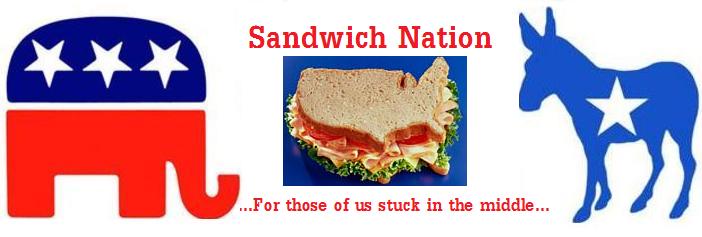So, I'm applying to write a senior thesis, and below is what I turned in today. Its a really competitive process, so there is no telling whether or not I'm going to be accepted, but I figured that I'd at least like the opportunity for people to read what I proposed. Let me know what you think random blog surfer checking out dead blogs :-).
The effectiveness of the current youth movement at influencing federal environmental policy
The student environmental movement of today does not just stand in front of the capitol marching in protest; they are organizing and reaching out at conferences, canvassing their local communities, and lobbying their representatives. They are also effectively using new media as the thread that ties all the individuals and all these different tactics together in a cohesive movement. With these strategies they have become an informed group, with an acute understanding of what it takes to change the policies of the federal government. My question is whether this high level of internal organization, the abundance of shared knowledge, and a cohesive campaign strategy actually translates into an effective influence on federal policy?
To determine this, I would like to follow the most recent piece of environmental legislation proposed in the house, the “American Clean Energy and Security Act of 2009” introduced by Henry Waxman and Edward Markey, by contacting the individuals pushing, proposing, and voting for the bill. The individuals pushing for the legislation would be in my case, the members of youth environmental organizations, the people proposing it would be Representatives Waxman and Markey, and the people voting for it would be the individual members of congress. I am curious to see how and why the bill is being advocated for, and why or why not an individual member would vote for the legislation. Also, I think it is important to us a bill being introduced in this session because I will be able to follow the direct impact of the movement on the bill in each of its stages, from committee to implementation. As a control, I will compare the current piece of legislation and its outcome to a bill that has had minimal or no student activism in the legislative process.
When completed, I will have a concrete grasp on the strategy of the student environmental movement whether or not that strategy was a success, and why or why not they were able to succeed. Thus answering the question; does the intense organizational effort of the student environmental movement make a difference in federal policy?


 ew green collar jobs, a cap and trade emissions system, commitment to renewable energy, and of course “clean coal technology.” The Obama administration, staying true to his campaign promises, is moving America into a new energy future, but unfortunately, just as he promised in his campaign, he is not willing to leave coal in the past.
ew green collar jobs, a cap and trade emissions system, commitment to renewable energy, and of course “clean coal technology.” The Obama administration, staying true to his campaign promises, is moving America into a new energy future, but unfortunately, just as he promised in his campaign, he is not willing to leave coal in the past.